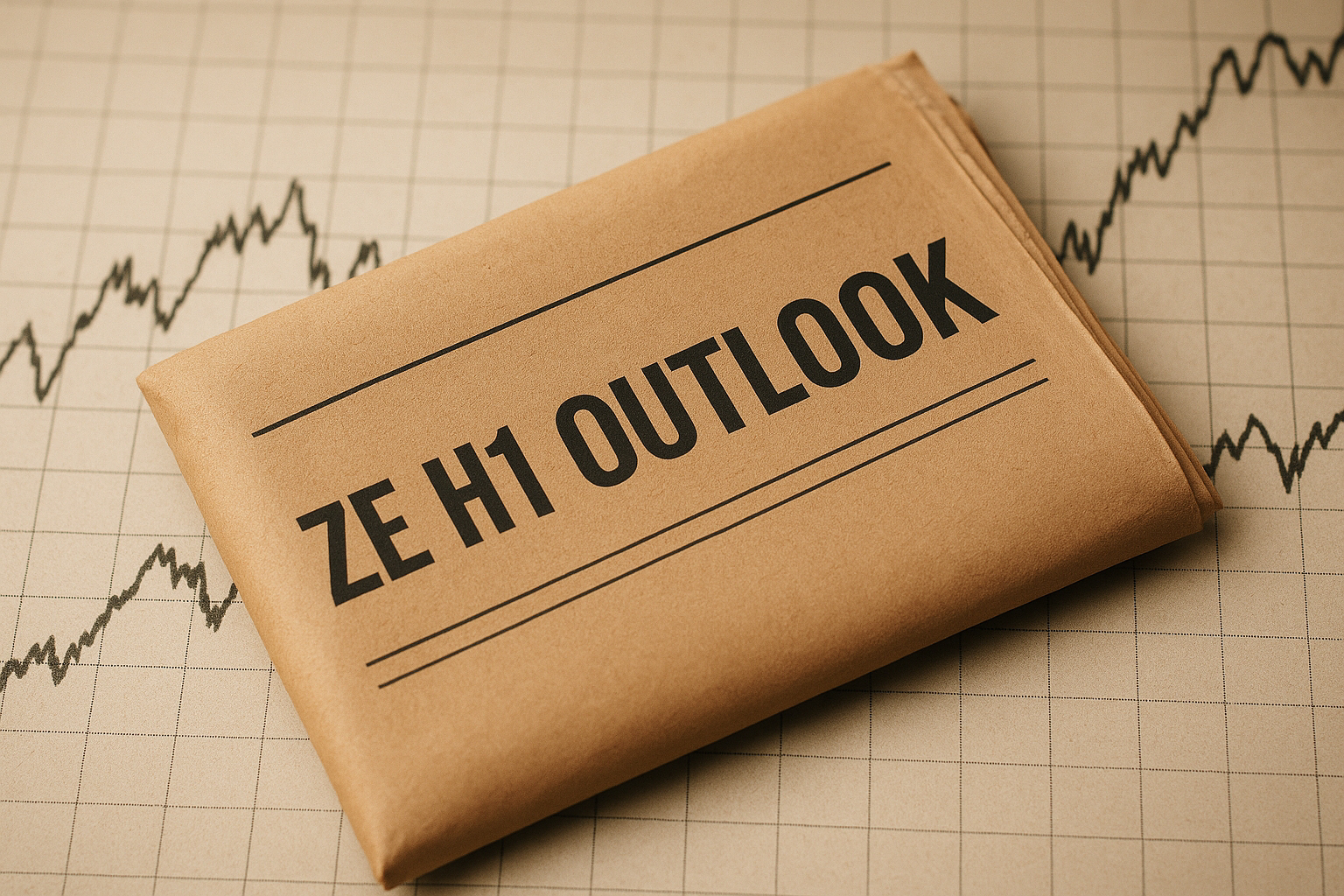The New Bretton Woods? Stablecoins, Dollar Dominance, and the Fight for Monetary Sovereignty

By Chinedu Okoye Summary: - The US stablecoins being contemplated as a way to stabilize the dollar and the ECB is looking to join the party wary of a dollar dependency and financial instability. - USD-backed digital tokens are still beholden to U.S. monetary policy, so, a widespread adoption of such tokens could reinforce USD hegemony. - As a result emerging and frontier market countries might find themselves further subordinated unless they create smarter, diversified backing mechanisms. - The prospects for a wide adaptation is low given the impacts and implications for financial institutions, and the regulatory gaps and divergence within the crypto space. - Unsitting USD-backed digital assets would be an arduos task given the greenback's position in world trade, international transactions global reserves and the role it plays in the global financial architecture. The Quest for Fiat Redemption: In order to redeem stability, and battle the emergence of ...





